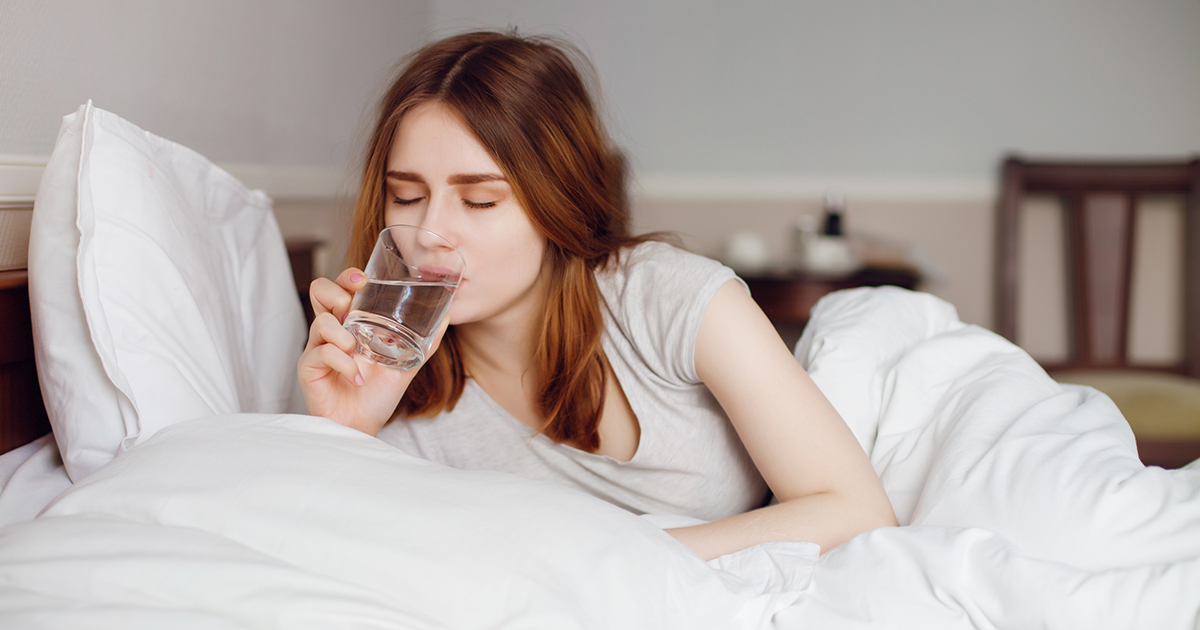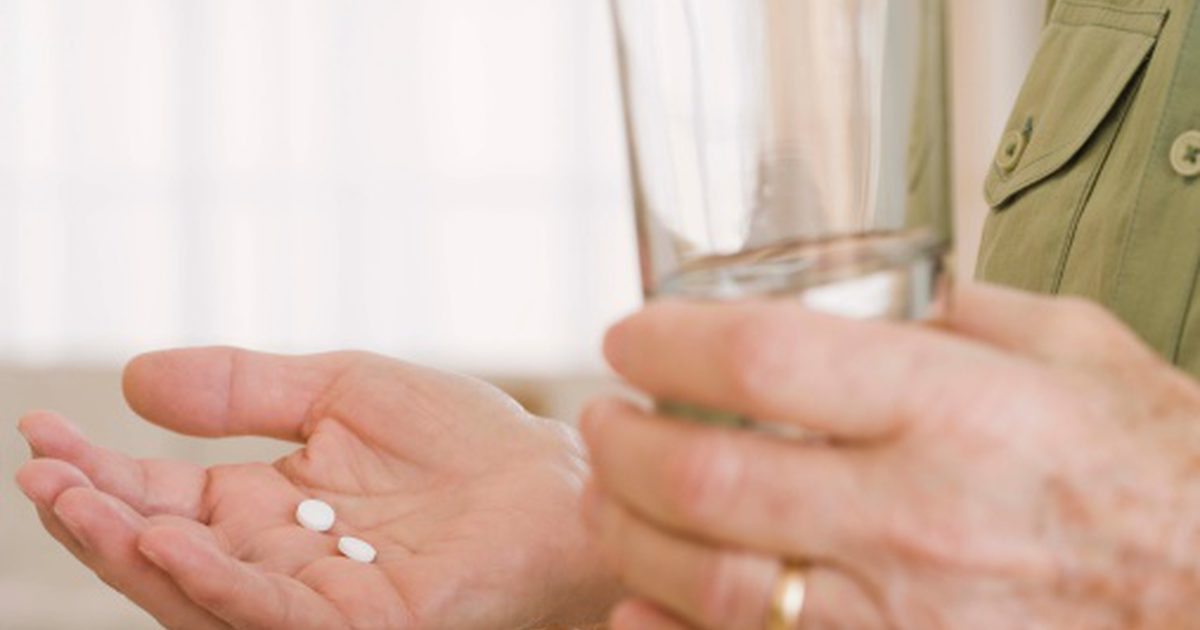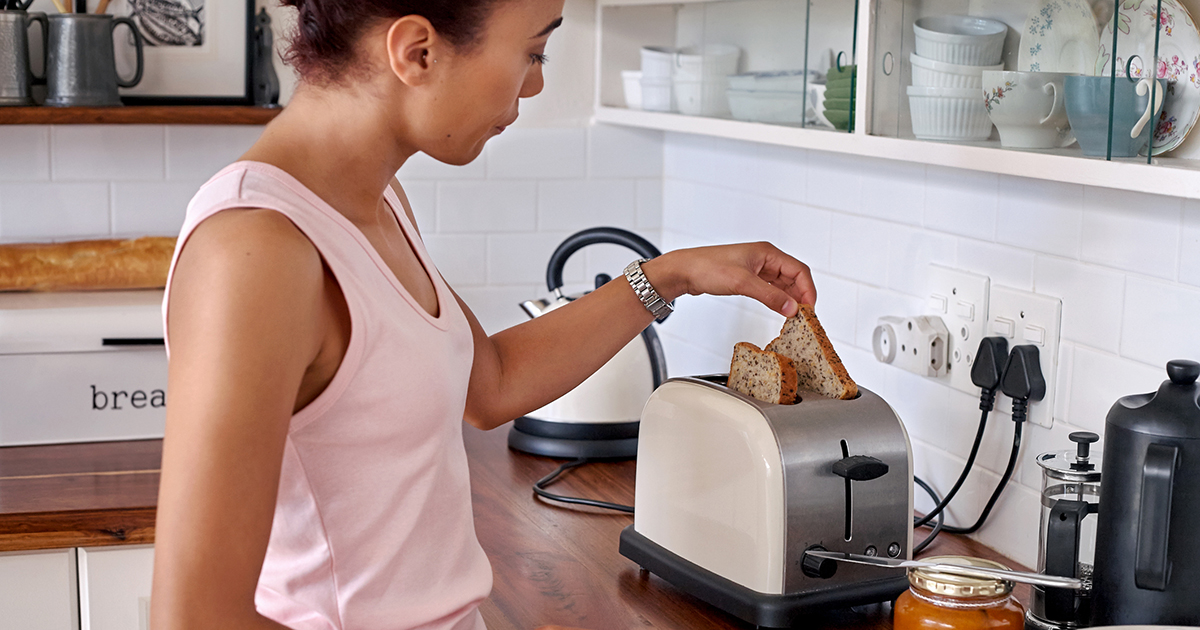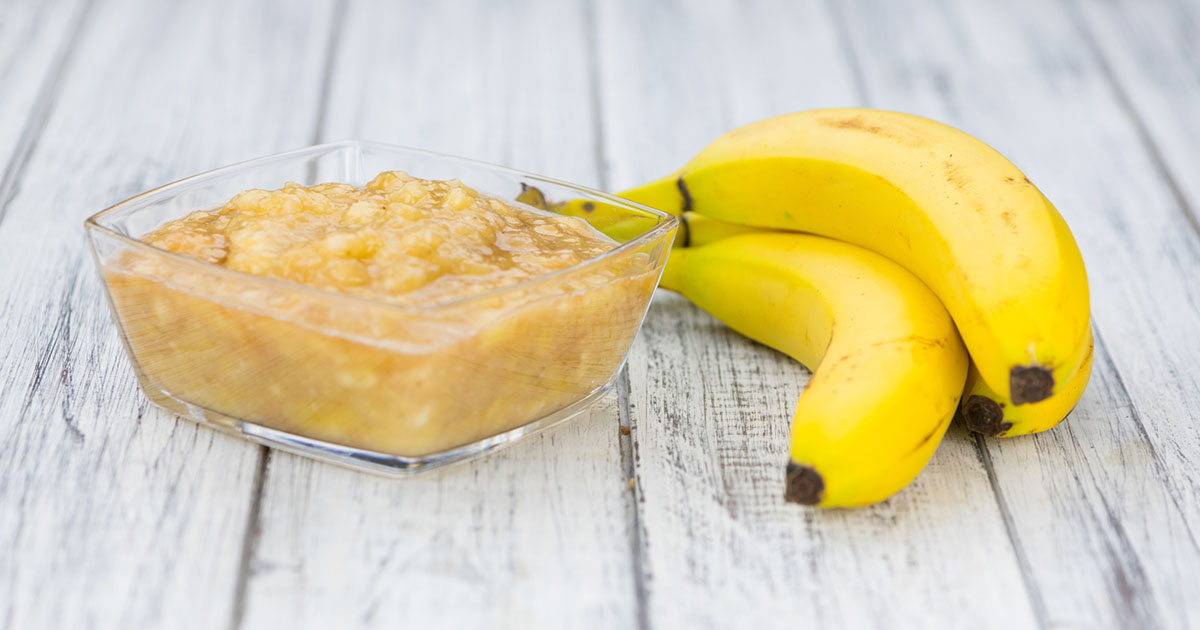How To Treat Norovirus
Norovirus is a gastrointestinal disorder that causes diarrhea, vomiting, stomach cramps, and pain. It is also referred to as the Norwalk virus because the first ever recorded case of the illness was in Norwalk, Ohio, in 1968. Norovirus might cause symptoms such as chills, fever, fatigue, headaches, and weight loss. Moreover, due to the severity of its symptoms, individuals afflicted by norovirus are susceptible to dehydration, which might trigger other significant side effects. Norovirus easily spreads through foods and drinks and can substantially impact your well-being. The Center For Disease Control's data indicates over fifty percent of all foodborne disease outbreaks every year are due to noroviruses. Unfortunately, due to the different forms of noroviruses, exposure to one does not make you immune to the others. However, here are some effective treatment options if you get afflicted.
Replace Lost Fluids

One of the major pairs of norovirus symptoms is vomiting and diarrhea, and because one loses large amounts of fluids during those processes, dehydration might occur. Dehydration implies that your body cannot store water and thus needs constant replenishment. Water is essential in the body because it helps in almost all metabolic processes. If we do not replace lost fluids after a bout of diarrhea or vomiting, dehydration will get severe, urinating will stop, and the kidneys might fail, leaving the body unable to remove toxic waste products. When rehydrating, avoid diuretics such as caffeine because they increase the amount of urine your body produces, which only worsens the dehydration. Also, avoid sugary drinks such as fruit cocktails, as they cause excess water to be drawn into the large intestine, thereby softening the contents and worsening diarrhea.
Continue reading to learn about another way of helping alleviate norovirus symptoms, particularly diarrhea.
Anti-Diarrheal Medication

You can try over the counter anti-diarrheal medication, which can reduce diarrhea’s duration by as much as one day while increasing the chances of a clinical cure to between twenty-four and forty-eight hours if administered with antibiotics used to treat traveler's diarrhea. A combination of loperamide and simethicone has proven to be much more effective at treating acute nonspecific diarrhea than when each medication is used alone. Loperamide, however, causes dangerous prolongation of sicknesses in patients with forms of inflammatory or bloody diarrhea and, therefore, should only be used by patients with non-bloody stool. In all cases, it is important to consult a health practitioner before buying over the counter medicine.
Continue for more on treating norovirus effectively.
Consuming A Bland Diet

When suffering from norovirus, patients are advised to consume bland and easily digestible foods. A good example is the BRAT diet, which stands for bananas, rice, applesauce, and toast, and is useful for controlling stomach upsets and diarrhea. The benefit of consuming a bland diet like this one it makes your stools firmer, while also avoiding irritating the stomach. This is because the foods in this diet are low-fiber and starchy foods, which are binding foods.
Moreover, these foods assist in replacing lost nutrients due to diarrhea and vomiting. Bananas, for, instance are a good source of potassium. As stated, a bland diet does not irritate your stomach. Thus, consume this diet to help you ease back into healthy eating. Continue following the diet for a couple of days after symptoms alleviate, to be safe.
Continue for more eating tips with regards to treating norovirus.
Smaller Meals

Instead of eating three large meals in a day, when recovering from norovirus, divide them into smaller meals and distribute them throughout the day. The reason you should avoid large meals when you have norovirus is they increase the strength of your intestinal contractions, which might trigger diarrhea. Also, avoid spicy, flavorful, and fatty foods, and stick with the dietary advice given previously.
A lot of individuals with Norovirus have a decreased appetite. However, your body still needs to have its nutritional and caloric content met, which is why smaller meals are recommended as they will be easier to consume. All you have to do is to ensure you are meeting your daily dietary requirements.
Continue reading to find out the simplest way to treat norovirus.
Rest

Norovirus patients must get plenty of rest so their body can fight off the infection. Also, they should reduce the number of activities they usually do during the day. Thus, if not in bed, patients should be lounging on the couch. At that state, the body is in a better position to fight off the infection and repair damage at a cellular level. Another reason to rest and not go to work or school is the infectious nature of norovirus. Patients are at their most infectious from when the symptoms begin to manifest until forty-eight hours after they have passed. Thus, when you come into contact with others during this period, you are more than likely going to infect them.
